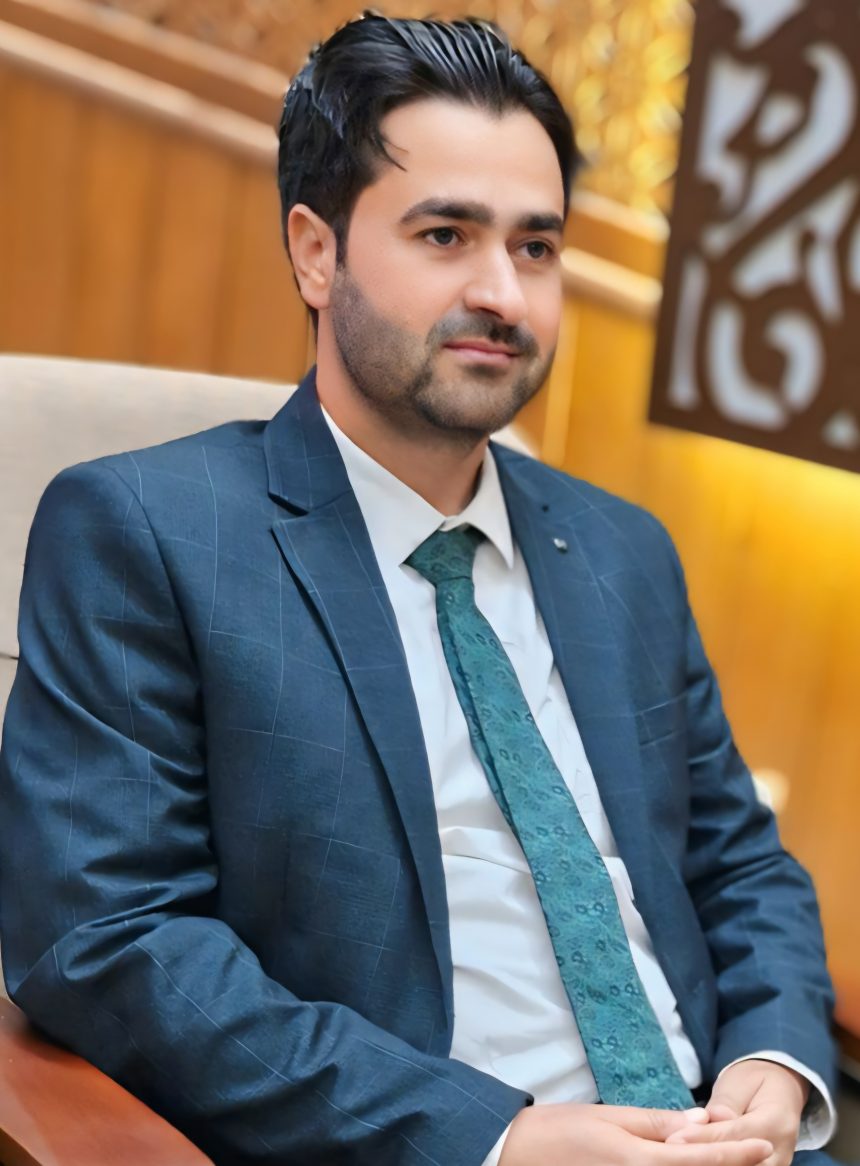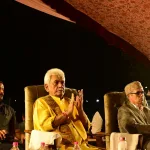I was serving in a remote higher secondary institute located few miles away from the district headquarter.One day, I had to fine a few students for breaching the school code.To my utter surprise, the same students approached me timidly and said, “Sir, could you please write an application for us… for the remission of the fine?”
These were senior secondary students, preparing to step into the college.Shockingly, they lacked the basic ability to write a simple application.It was not only about English language or grammar but the inability to express a thought in their own words.That moment pinched me hard.
What kind of learning had they been through? Despite scoring good marks in their exams, they were not fit for the most fundamental real life challenges. Clearly the focus had always been on preparing our students to clear exams,but not on equipping them to think, write, or respond to daily life situations.
A similar experience struck me again while conducting the interview for the ALOHA GATE Personality test.It was an initiative designed to examine the students’ confidence, aptitude and awareness. All these students had already cleared the preliminary and the main examinations.Almost all of them had scored good marks in their school examinations.
As the interaction commenced, a different story unfolded.Many of the students struggled with basic questions.Some of the students from leading educational institutions could not explain their career goals and even others hesitated to introduce themselves confidently.The disconnect between their marks secured in the exams and their actual understanding was stark.These experiences are not isolated. They reflect a crisis within our education system.It appears to be a system that often rewards rote memorization over meaningful learning in violation of the recommendations of NEP-2020.
National Education Policy 2020 lays emphasis on conceptual understanding rather than rote learning or exam oriented education. A good educational institution is one in which there is a safe and stimulating learning environment,and where a wide range of learning experiences are offered to prepare the students for the real life challenges.
On the contrary,an exam oriented education system focuses on their success or failure in exams that are taken frequently to test their knowledge and rote memorization. As such, students spend all their time and energy making sure that they are prepared for the next exam. This is a practice that needs to be done away and that is exactly the basis of NEP-2020.
There is a historical background as to why the system prefers marks over meaning.The current education model of India in many ways has its roots in the colonial legacy. The Britishers introduced a formal education system in the 19th century not to develop creativity or innovative thinking, but to produce clerks,office staff and faithful workers for their administrative system to ensure their control and power.”Macaulay’s Minute on Indian education ” clearly reflected their vision to create a class of people who were “Indian in blood and colour, but English in taste, opinions, and intellect.”
In Such a system examinations became the central tool to assess the progress of the students and to channelize them into various bureaucratic roles.After independence, although the context changed, the system existed like before. The continued obsession with entrance exams, ranks, and merit enhanced.Towards the end of the 20th century,this system which valued rote memorization over meaningful learning gave rise to the coaching culture.
As a result, today’s learners are often trained not to understand, but to perform and earn high scores in the examinations.Over a period of time, learning become an act of memory, not enquiry.This faulty education system has developed superficial learning and rote memorization.The race to excel in the competitive landscape has even led to anxiety and mental health issues in the students.
There is poor real world application of knowledge in wake of the industry 4.0 which demands a holistic development of the students.The much needed conceptual learning encourages curiosity,creativity and critical thinking.It also helps in multidisciplinary learning and innovative thinking.It would also prepares the students for life, not just grades or marks.The goal of conceptual understanding basically aligns with the basic aim of NEP-2020.
Although the National Education Policy lays down a clear strategy to do away with rote learning but there are so many roadblocks which includes an outdated curriculum,content and textbooks.There is also a lack of teacher training and resources.
The existing competence of school and college teachers needs to be updated through modern training interventions to meet the required competence level as per the recommendations of NEP-2020.The students at different levels are also facing the pressure from parents, schools, and coaching centres.The system of examination or assessment is still focusing on expected questions.
The only way forward is to revamp the assessments to test understanding and mind based education rather than memorization.We need to encourage project based and experiential learning.The government needs to invest in teacher training.
There is an immediate need to shift from memory based education to mind based education as envisioned in the National Education Policy 2020.The capacity building of teachers,curriculum development to foster creativity and the mind based system of examination would be imperative to realise the objectives of a modern education system.
(Author is a columnist and academician based in north Kashmir.He writes extensively on education,society and youth.He can be reached at: [email protected])








